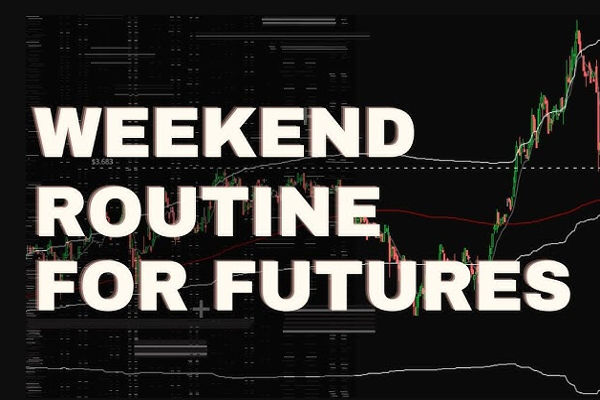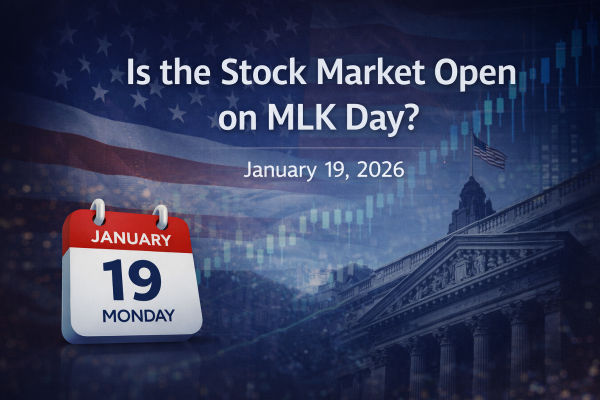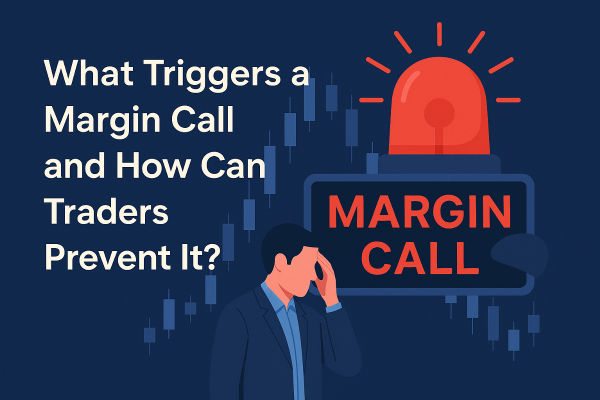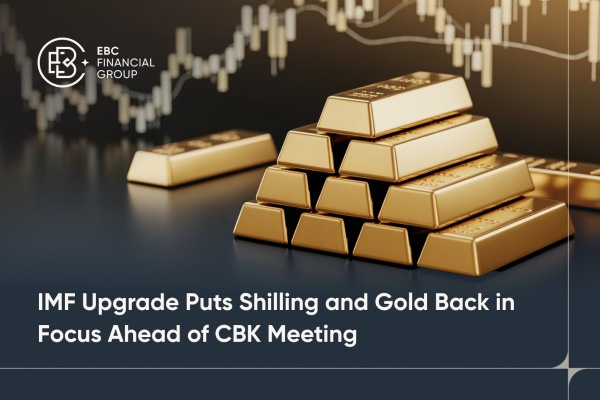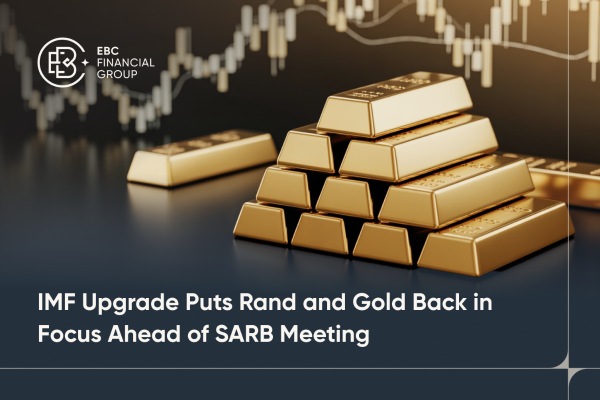Markets may close on Friday, but traders do not stop thinking. For those seeking an edge or looking to react to global news outside standard hours, weekend futures are becoming an increasingly attractive option.
These contracts offer a way to gain or manage exposure even when traditional exchanges are shut. But what exactly are weekend futures, how do they function, and are they suitable for all types of traders?
What Are Weekend Futures?

Weekend futures are financial contracts that allow traders to speculate on the price movements of certain assets outside regular market hours, specifically over the weekend. Unlike traditional futures, which trade on established exchanges like CME or ICE during the work week, weekend futures are typically offered by select brokers on proprietary platforms.
These instruments track key indices, commodities or even cryptocurrencies and enable market participants to enter or exit positions on Saturdays and Sundays. The core idea is simple: bridge the gap between Friday's close and Monday's open, when global events often occur that can affect pricing.
Why Do Weekend Futures Exist?
Weekend futures emerged to meet a growing demand for constant access to markets. The financial world has become increasingly global and interconnected, with economic and geopolitical developments happening at all hours. Whether it is a surprise central bank announcement, political unrest or unexpected corporate news, traders often find themselves in situations where waiting until Monday could mean missed opportunities.
By introducing weekend futures, brokers are responding to this demand, offering an alternative that empowers traders to react in real time, not just during traditional sessions.
How Do Weekend Futures Work in Practice?
To understand how weekend futures work, it helps to look at their basic mechanics. These instruments are often based on synthetic pricing, meaning they derive value from the last available settlement price and estimated market movement during the weekend.
Let's say the US stock market closes on Friday with the S&P 500 at 4,200. Over the weekend, major news breaks that could influence investor sentiment. With weekend futures, traders can speculate whether the S&P 500 will open higher or lower on Monday by entering positions based on this new information.
Weekend futures usually open on Saturday morning and close on Sunday evening, depending on the broker. They operate in a separate environment from regular futures and often carry different margin requirements, spreads and liquidity conditions.
Benefits
Continuous Exposure: Weekend futures allow traders to maintain exposure when other markets are closed. This can be particularly useful for risk management or hedging.
Real-Time Reaction: Global news does not pause on weekends. Having the ability to trade in response gives weekend futures users a potential first-mover advantage.
Flexible Strategies: From speculative plays to longer-term positioning, weekend futures open up new tactical opportunities for both retail and institutional traders.
Bridging the Gap: Traders can better manage positions over the weekend rather than waiting until the Monday open, when gaps can be significant and liquidity can be thin.
Risks and Considerations
While weekend futures bring clear advantages, they are not without risks. One key concern is liquidity, which may be lower compared to weekday sessions. This can lead to wider spreads and potential slippage.
There is also the issue of volatility. Since fewer participants may be active, price swings could be more pronounced. Weekend futures often trade on broker-managed platforms, which means the pricing models are not always transparent and may differ between providers.
Finally, market gaps on Monday can still occur, and positions taken over the weekend may not always align with what unfolds in the formal open of underlying assets.
Who Are Weekend Futures Best Suited For?
Weekend futures are not for every trader. They tend to appeal most to active traders, news-sensitive investors and those who use technical strategies requiring constant access. Traders with a strong understanding of macroeconomic or geopolitical developments may find particular value in this added window.
However, they are generally less suited for beginners. The risks involved require a solid grasp of how synthetic pricing works and the potential consequences of taking positions in lower liquidity environments.
Where Can You Trade Weekend Futures?
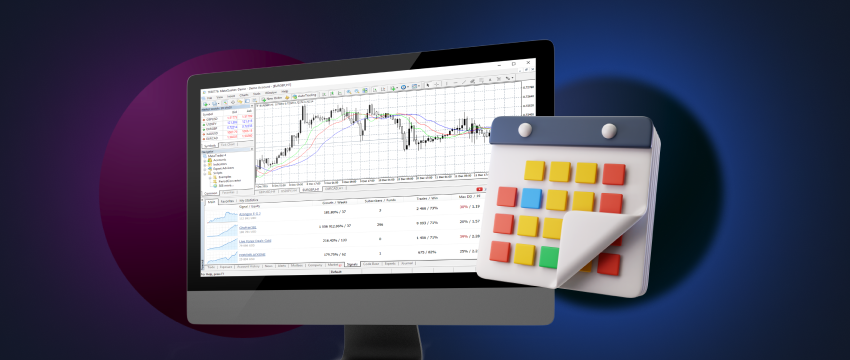
Not all brokers offer access to weekend futures. Those that do often provide it through proprietary platforms, and the range of tradable instruments can vary. Typically, indices like the S&P 500, Nasdaq 100 or DAX are the most commonly available, though some brokers may also offer commodities or crypto-related weekend futures.
Before diving in, traders should compare offerings in terms of spreads, trading hours, risk disclosures and whether the pricing structure suits their strategy.
Are Weekend Futures the Future of Trading?
As financial markets evolve, demand for round-the-clock trading continues to grow. Weekend futures reflect this shift and offer a glimpse into what the future might hold. They may eventually become more standardised or be picked up by larger exchanges. For now, they remain a niche yet powerful tool for those who know how to use them.
Whether you are managing risk or chasing momentum, the ability to access markets over the weekend gives traders a new level of control. Used wisely, weekend futures can enhance strategy and provide valuable flexibility in a market that increasingly never sleeps.
Final Thoughts
Weekend futures are an innovation that meets the demands of modern trading. They enable flexibility, provide access in times of uncertainty and allow for a more responsive approach to real-world events. Still, like any financial instrument, they require careful handling. Understanding their mechanics, limitations and strategic use is essential for success.
As with all market tools, education and risk management come first. Weekend futures are not just an extension of the trading week, they represent a shift in how the industry views accessibility and responsiveness.
Disclaimer: This material is for general information purposes only and is not intended as (and should not be considered to be) financial, investment or other advice on which reliance should be placed. No opinion given in the material constitutes a recommendation by EBC or the author that any particular investment, security, transaction or investment strategy is suitable for any specific person.
